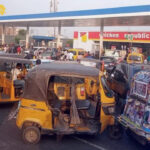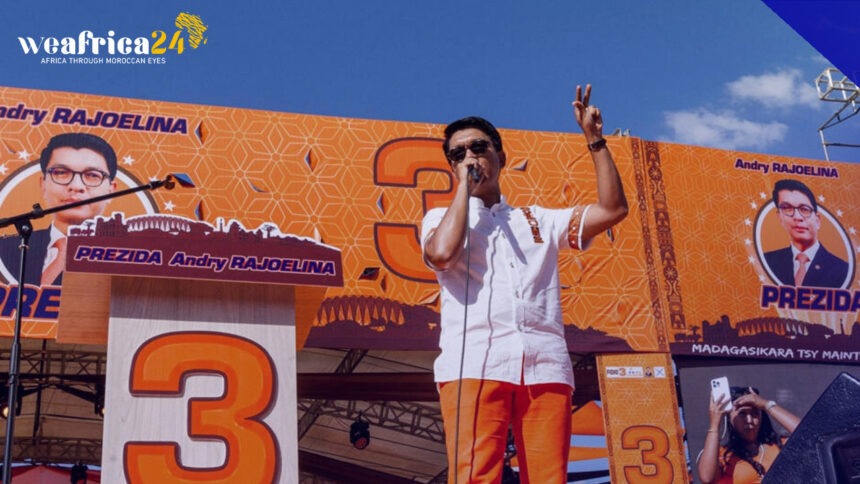As President Andry Rajoelina seeks re-election, promises of transformative development made during his initial tenure are now under scrutiny. Five years ago, Rajoelina pledged to address critical issues such as access to clean water, electrification, food self-sufficiency, and the industrialization of Madagascar.
However, at the end of his term, structural reforms to propel the island nation’s development remained elusive, with over 80% of Malagasy citizens still living below the poverty line.
The much-anticipated “Plan Émergence Madagascar” (PEM), designed to guide the country’s development policies, has been repeatedly announced but never officially published in its definitive form over the past five years.
Long-term studies, including one conducted by the NGO Ivorary in collaboration with the Safidy Observatory and the Tolotsoa NGO, reveal that only 13% of the promises outlined in the latest provisional version of PEM have been fulfilled, 38% are in progress, while the remaining 48% are yet to commence.
Critics argue that Rajoelina has excelled in symbolic gestures, groundbreaking ceremonies, and populist promises that prove difficult to fulfill and, more importantly, may not align with genuine priorities.
The economic and industrial sectors are grappling with challenges. Since 2018, the cost of living has plummeted, exacerbated by the global pandemic. The average inflation rate between 2019 and 2023 exceeds 6%, with consumer goods prices surging by at least 30% compared to 2019. In the famine-stricken regions of the Grand Sud and the Southeast, over one million people currently face acute food insecurity (IPC figures, August 2023).
The promise of rice self-sufficiency in agriculture remains unfulfilled, as Madagascar still imports 20% of its annual consumption. The economic and industrial landscape is strained, with successive budget laws offering minimal dynamism to the country’s economy.
Criticism is directed at infrastructure projects, questioning their positive impact. Mining permits are stagnant, the vanilla sector is in crisis, and major hydroelectric energy projects, announced eight years ago, are yet to materialize. One of these projects has been at a standstill for three months, with the development consortium (NEHO) requesting the termination of the concession contract following prolonged tariff renegotiations by the state.
As Madagascar heads into elections, the legacy of President Rajoelina is marked by unfulfilled promises, economic challenges, and a population still grappling with fundamental issues of poverty, food insecurity, and inadequate infrastructure. The electorate will be closely watching how these concerns are addressed in the upcoming political landscape.







